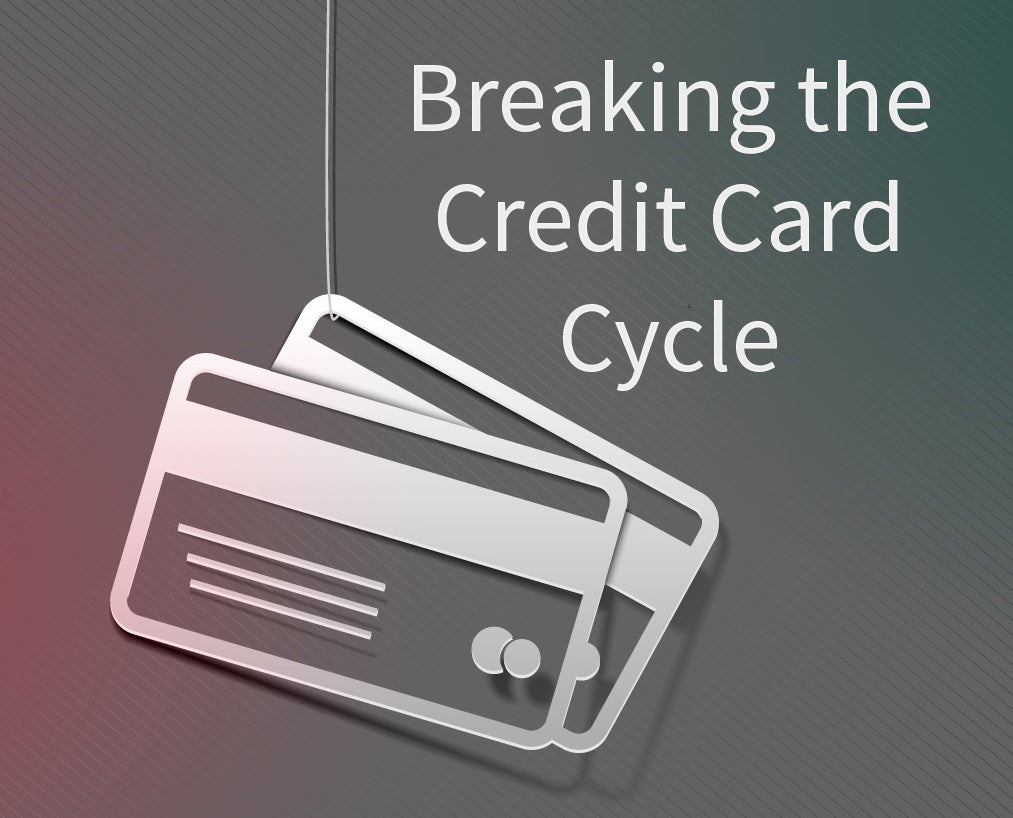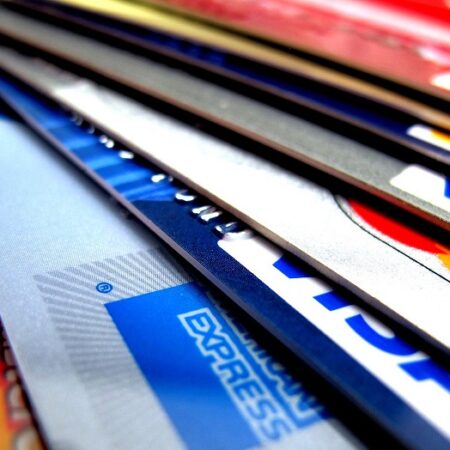
When, exactly, did high consumer credit card debt become embedded in the American Dream?
There’s no specific answer to that question, although the situation has declined gradually over the past few decades. What we do know is that in total, American consumers owe $11.71 trillion in debt, up 3.8% from 2013, according to the financial web site Nerdwallet.com http://www.nerdwallet.com/blog/credit-card-data/average-credit-card-debt-household/. Meanwhile, U.S. consumers owe, in total, $881.8 billion in credit card debt, a figure that’s up 9.6% from 2013.
While credit cards are a necessary evil, when you’re trying to free yourself from loan debt, they can be more evil than necessary. That’s why it’s a great move, credit-wise, to pay your credit card bill down promptly, and thoroughly.
Here’s a blueprint to help you do that, but before you begin, make sure the credit-card bill is accurate. Analyze the bill. Make sure it matches your receipts. Sometimes, when you sign on the dotted line, you don’t double-check the amount of the purchase, or you underestimate how much you’ve spent using a credit card over a given month. A good look at your bill online will get you started in the right place.
Going the single-payment route
If you can manage it, consider a single payment for your credit card debt. If you can find the money to pay off all your credit card debt, you’ll get back on solid financial ground quickly and without paying additional interest.
Aiming high
Paying off the credit card with the highest interest rate first is the next-best method to making a single payment. You’ll want to pay as much as you can to that account and then send the minimum payment due to each of your other credit card accounts.
Keeping it steady
Keep making those credit card payments, without fail. You don’t need late fees, they just add to the amount you’re trying to cut down to size.
Getting a HELOC
Should you consider a home equity loan to pay off credit card debt? Yes, if you can handle it responsibly. The interest on home equity loans is typically lower than credit card rates and is usually tax deductible. Careful, though, HELOCs can be as easy to abuse as credit cards, particularly if you have a line of credit, so you need to be disciplined and use the money strictly to pay down your card debt.
Surfing to a lower rate
Another creative way to pay off your debt is to transfer your balances to lower-rate accounts, known as “credit card surfing.” This method works until you run out of lower-interest opportunities. However, it does allow you to reduce interest fees and pay more against your existing balance.
Meanwhile, don’t fall for any “too good to be true” deals from your credit-card company offering to lower your minimum payment or saying that, because you’re such a good customer, you can skip this month’s payment. That sounds enticing, but remember, the interest-rate clock is always ticking, and you want to kill that clock as soon as possible.
Cutting credit card debt is one-part discipline, one-part creativity, and one-part organization. Combine all three to conquer your credit card debt, once and for all.
Questions about credit repair?
Chat with an expert: 1-800-255-0263






